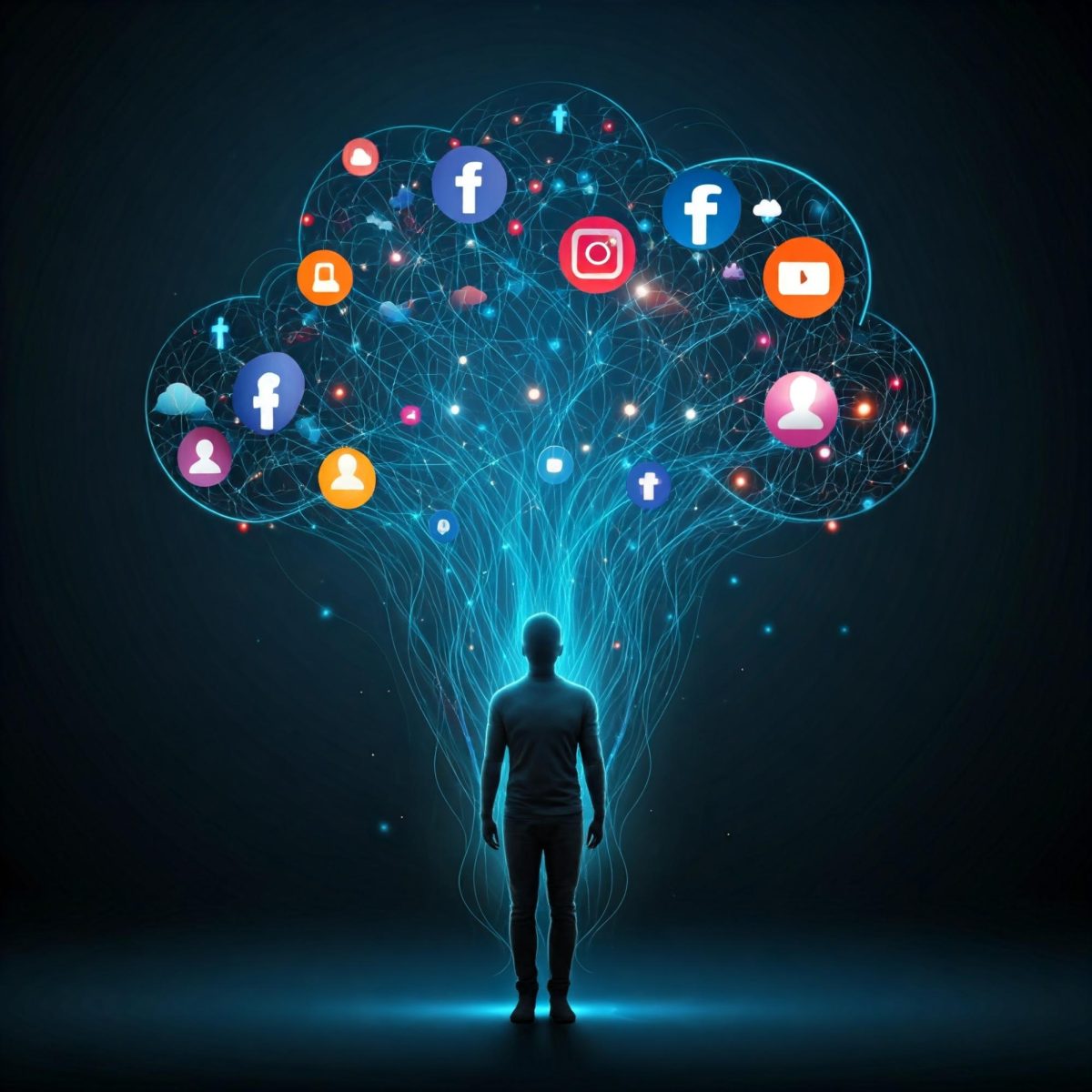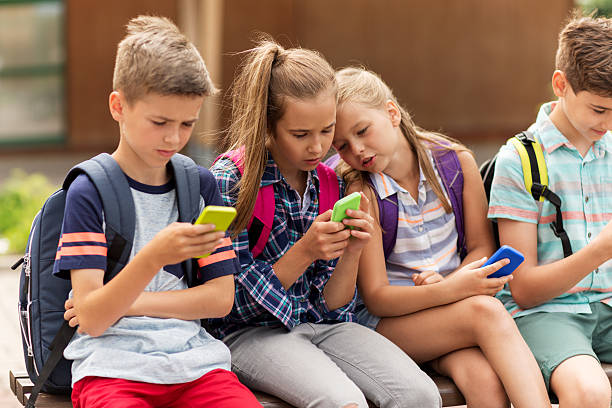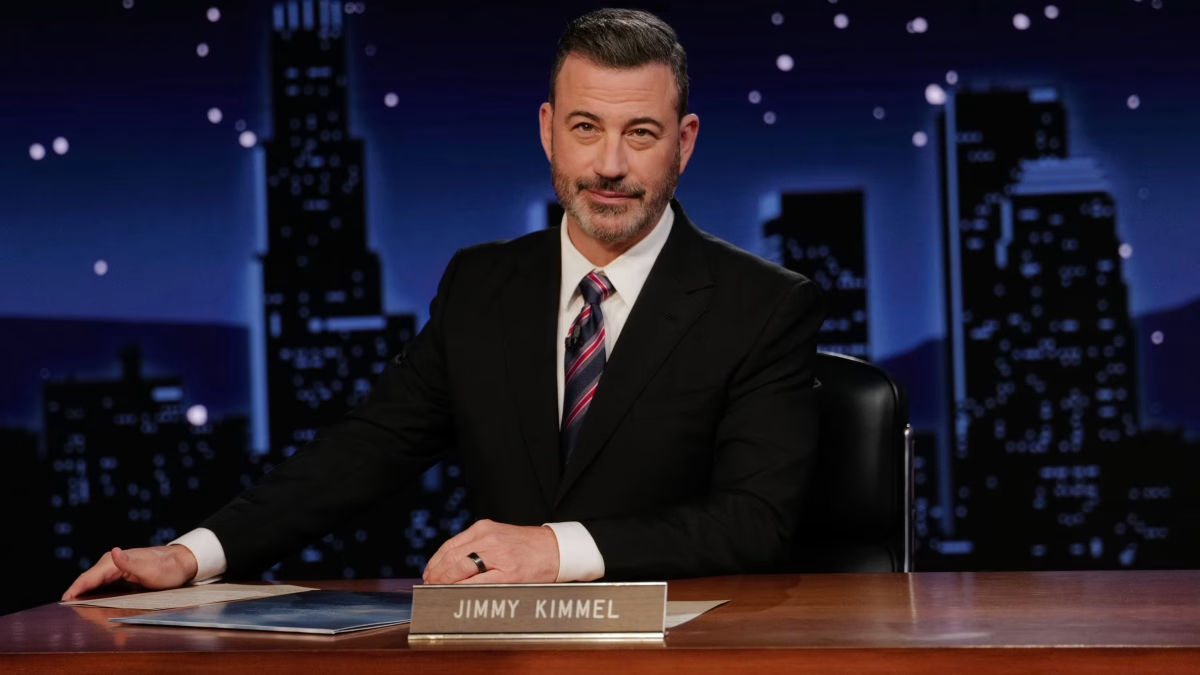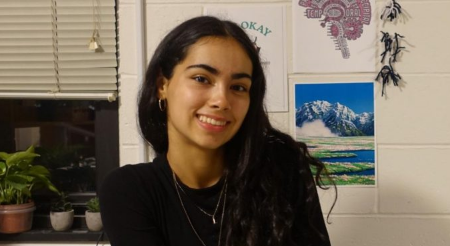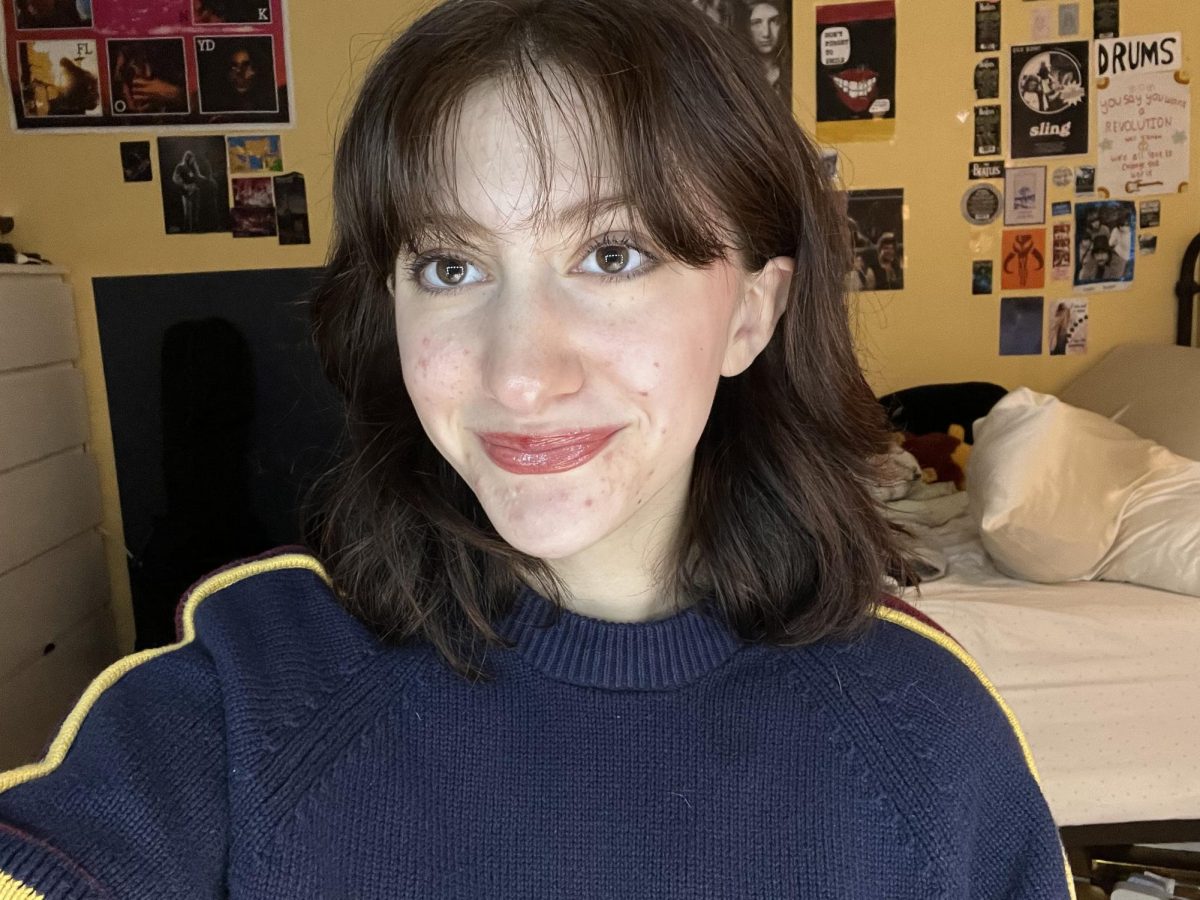In today’s day and age, you can share fragments of your life in real-time through a quick post on your Instagram stories or a 30-second clip of a “day in my life.” Within minutes, an audience can quickly already grasp an idea of your life documented. On TikTok, influencers constantly post captivating story times and comments that flood in: “Your life is so interesting!”
Since early history, storytelling has been a tool for humans to understand the world and each other. As humans, we have used it to pass down history to succeeding generations, and through the evolution of technology and digital media, storytelling has become much more accessible to global audiences through many social media networks we have become familiar with.
On the other side of storytelling’s role in entertainment, there’s documentaries that blur the line between reality and fiction, falsely depicting stories for profit. You then begin to realize that there’s a problem: Doesn’t this pose an issue of authenticity?
In the past, traditional storytelling was more than a form of enjoyment–it was a tactic to survive. In the article The Story of Storytelling by Ferris Jabr, the Atga people are an indigenous group that to this day use storytelling to teach morals to their offsprings and to help them hunt.
Contrary to this, with access to social media, we have the ability to interact with others through a screen. This can make people feel less inclined to express their true selves and stories in the media. Because of this, influencers start to curate a perfect image online and sometimes glorify struggles about a life they don’t live–which is immorally wrong. Consequently, viewers believe what they see and this can influence their opinions and behaviors, prompting them to imitate what they consume. This is excessively done on TikTok where anyone can upload a false narrative and make money off of it. I’ve noticed this more with a lot of adult TikTokers who exploit their children by sharing stories of them to gain more followers.
To make it worse, TikTok’s algorithm promotes these accounts and censors the stories that are factual. This can diminish the influential impact of storytelling. Through this, we lose our shared experiences, traditions, and history. This means that there will no longer be deep connections that bring us together. For some, their cultural heritage becomes lost. For others, their voices become marginalized. Without authentic stories, how would future generations be aware of all this information that defines us as human species? How would they be able to survive in a world that requires so much knowledge?

